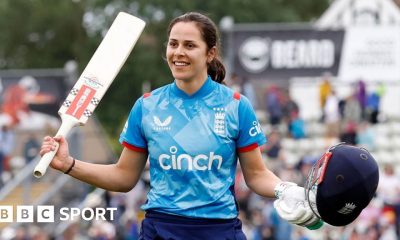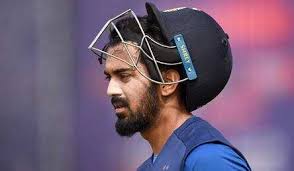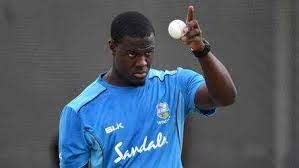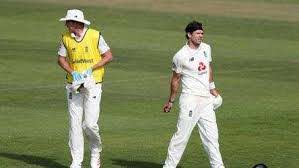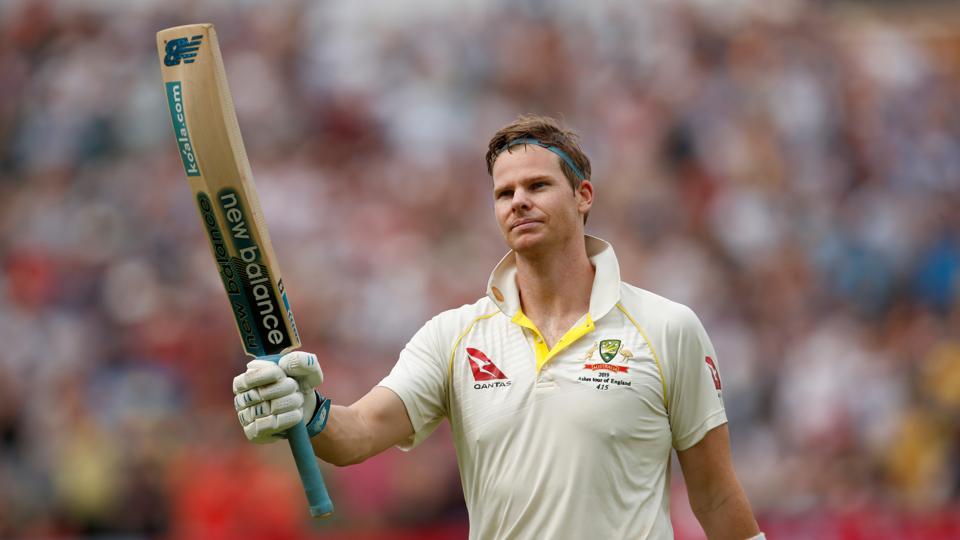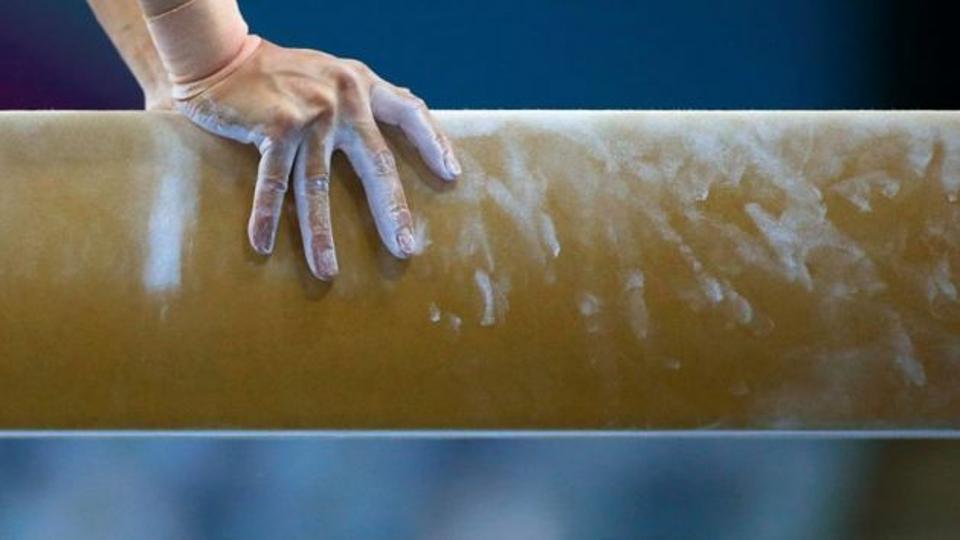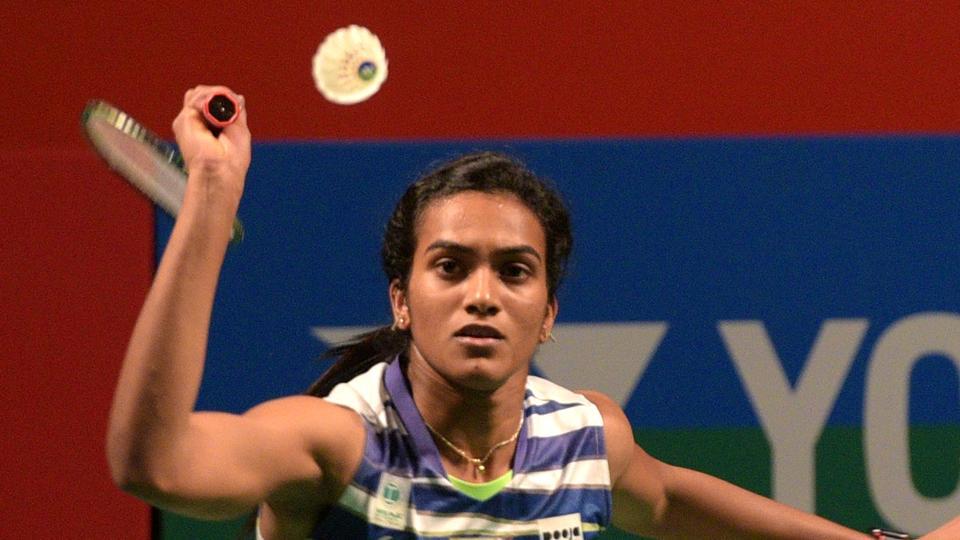For an Australia batsman, even if an unbelievably successful one, piling on one big knock after another can still only help keep the Holy Grail in sight, a speck at a distance, at best. Don Bradman went before, and ended all arguments of bettering the best for those following in Test cricket.
Steve Smith, on the path of redemption and overwhelmed, is unlikely to have the Don in his thoughts. But the man who was suspended from the game for a year with reputation in tatters after the ball-tampering scandal in South Africa early last year, is back and powering away as only he has been in contemporary cricket.
His average in the 60s is Test stratosphere; the rate at which he churns centuries has left even his closest contemporaries behind. The yellow tape waving at Smith by the Barmy Army block at Edgbaston, to the Aussie fans and neutrals alike is glimmering like gold.
Also Read: ‘Gandi soch badlo, religion mat daalo’ – Irfan Pathan tweets on Kashmir situation
Stripped of his Australia captaincy, Smith has been the leader early in this Ashes campaign on his return from the long break that would have left almost anyone else struggling to stay focused, leave alone dominate their biggest rivals at their favourite hunting ground. To judge the task Smith has accomplished at Edgbaston, one only needs to see David Warner, also playing his first Test after a 12-month ban, desperate to put bat to ball.
Smith is fidgety, but his genius is such that all body parts click into perfect position the moment he meets the ball. That means the age of video analysis doesn’t mean much for rival bowlers. And losing James Anderson, their most successful, and the man tailor-made for swing, left England gasping in their bid to breach his defence.
If the first-innings 144 revealed the steel in Smith, allowing Australia to breathe easy after a batting collapse, he underlined his status as the de facto leader—and best contemporary batsman—with another sensational effort of 142 in the second innings on Sunday.
Never doubted my ability: Steve Smith
He became only the fifth Australia batsman to score centuries in both innings of an Ashes Test. There is no Don in that list! And Smith is the first to double since Matthew Hayden in 2002/3.
Rivals fans expected Smith to be drowned in his mental turmoil. But their roars were silenced, and some were made converts, applauding. Smith’s prolific scoring had kept him ahead of his contemporary rivals for the tag as best batsman—Virat Kohli, Kane Williamson and England skipper Joe Root—when the tampering scandal shook his cricketing world.
But it has been as if Smith was never forced into a break. The back-to-back centuries makes him the second fastest to 25 Test centuries, from just 119 innings. Only behind Bradman, who got to the mark in a mere 68 innings.
But it means Smith scores a century at a rate of less than five innings. Virat Kohli is the next best, and he takes 5.24 innings. Williamson needs 6.35 innings while Root, part of that elite club has needed almost 10 innings to score a century, reflective of his struggles to convert starts.
Mr Consistency also averages an astonishing 63.49. Test cricket’s gold standard for greatness is agreed on 50 plus. The next best to Smith again is Kohli, going at a highly impressive average of 53.76.
Smith also scores centuries at a faster rate than some of the past Australia greats. Hayden took 6.1 innings while Ricky Ponting, considered the best Australian batsman after the Don, took seven innings per century. And his career Test average is 51.85, good to be bracketed among the greats.
His batting greatness, and status as the true No 1 Test batsman in today’s game, is settled. As for his turning into a blur of movement before every delivery, just see it as a preamble, much like the Rafael Nadal routine before he serves.
